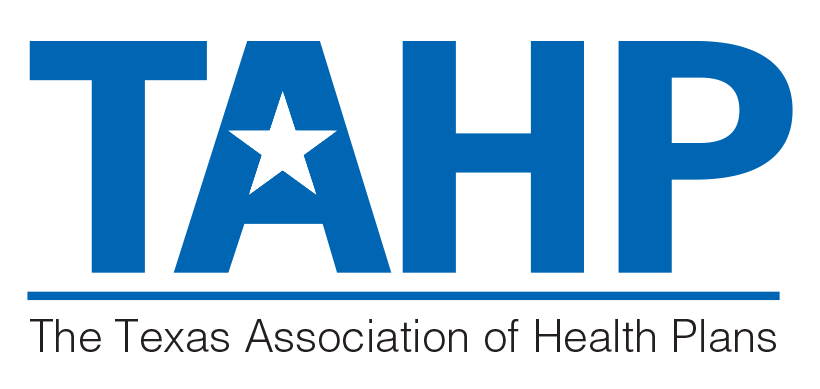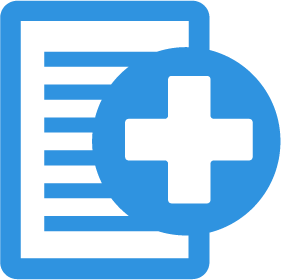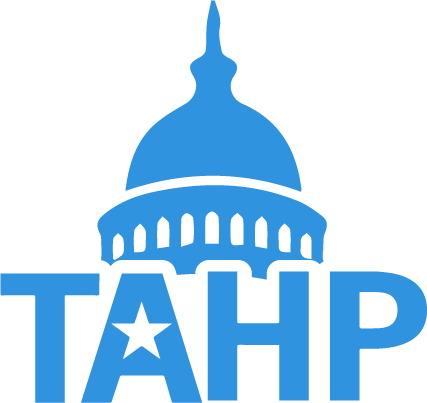Reducing Mandates
Texas Employers Lead the Way in Health Coverage

Government mandates and overregulation hinder innovation and add costs to an already expensive system. This expense is borne by employers and families through increasingly unaffordable premiums.

Despite Texas’ business friendly, low-regulation reputation, Texas ranks third in the nation when it comes to regulations that go beyond the federal requirements of the ACA. In 2021, Texas reached a high-water mark for excessive regulations that drive up insurance costs in the Lone Star State.

Last year, Texans faced an average premium increase of 13% while premiums were flat nationally. In a recent survey, employers overwhelmingly opposed new government mandates and interference in contracting to negotiate more affordable health care services.

The result of overregulation and new mandates is more expensive health insurance for everyone with little or no additional benefits for patients.

Seeing what some new mandates will cost, the Legislature often exempts their health insurance from such requirements but requires private employers to comply with these costly new requirements. For example, last session ERS and TRS were exempted from costly new pharmacy mandates.
TAHP will oppose a mandate if it:
Increases the cost of coverage
Exempts legislators’ personal health coverage through ERS and other state-funded coverage to avoid the cost
Isn’t evidence-based and backed by the medical community
Rewards price gouging and stands in the way of efforts to lower prices
Narrows coverage options and limits flexibility of benefit design
Doesn’t address a problem or is already being covered
Allows fraud, waste, and abuse
Featured Reducing Mandates Resources
Reducing Mandates Resources
All
Policy Papers
TAHP Presentations
101s
Testimonies
Comment Letters
Legislative Briefs
News
Become a Member Today
Learn MoreMembership with TAHP is an invaluable tool for integrating, building relationships, exchanging information and best practices, and promoting your services. You will be well-armed with the most timely and accurate information, strong relationships with key Texas leaders, and access to seasoned policy and regulatory experts.




